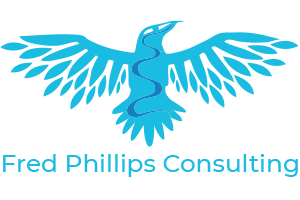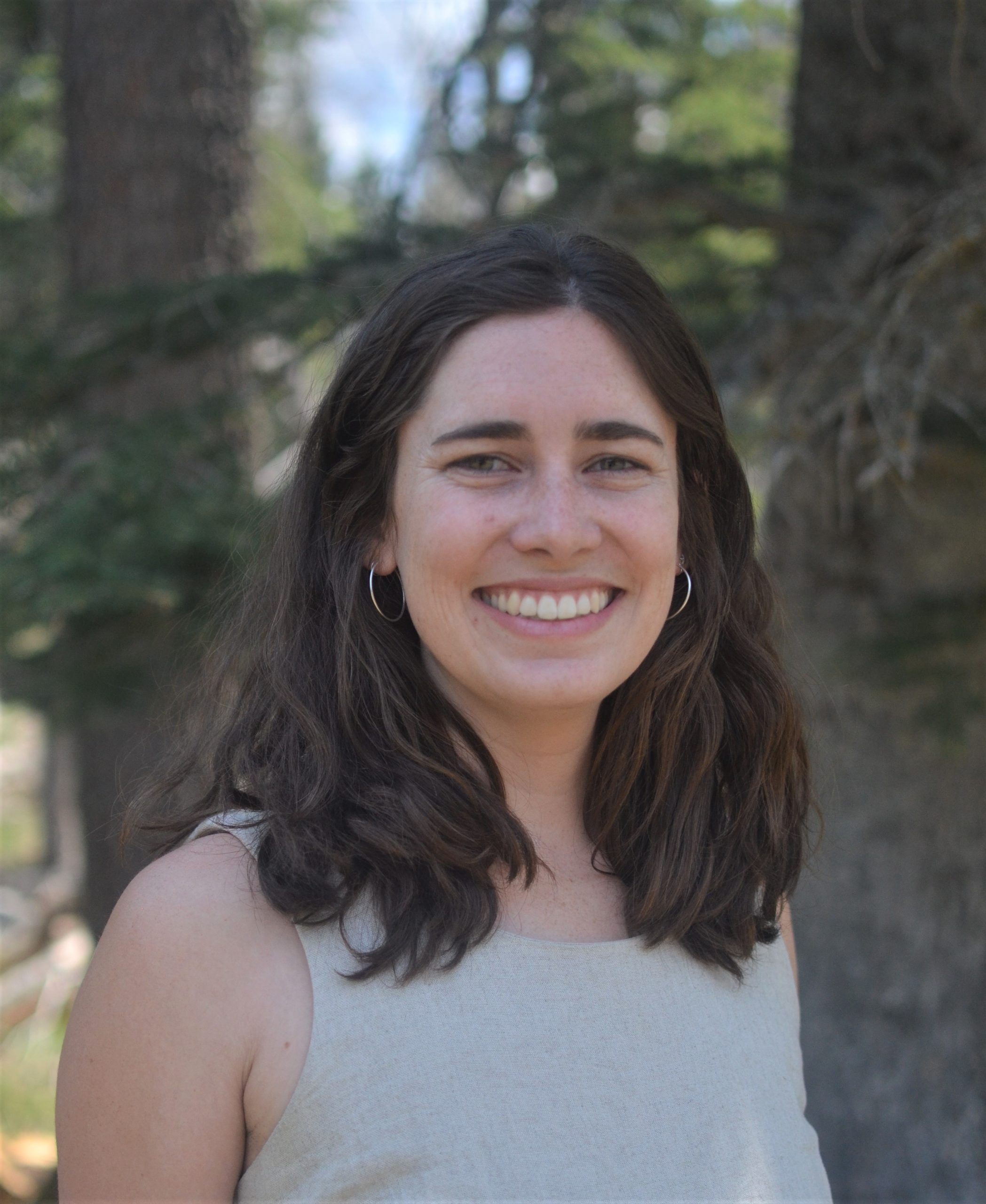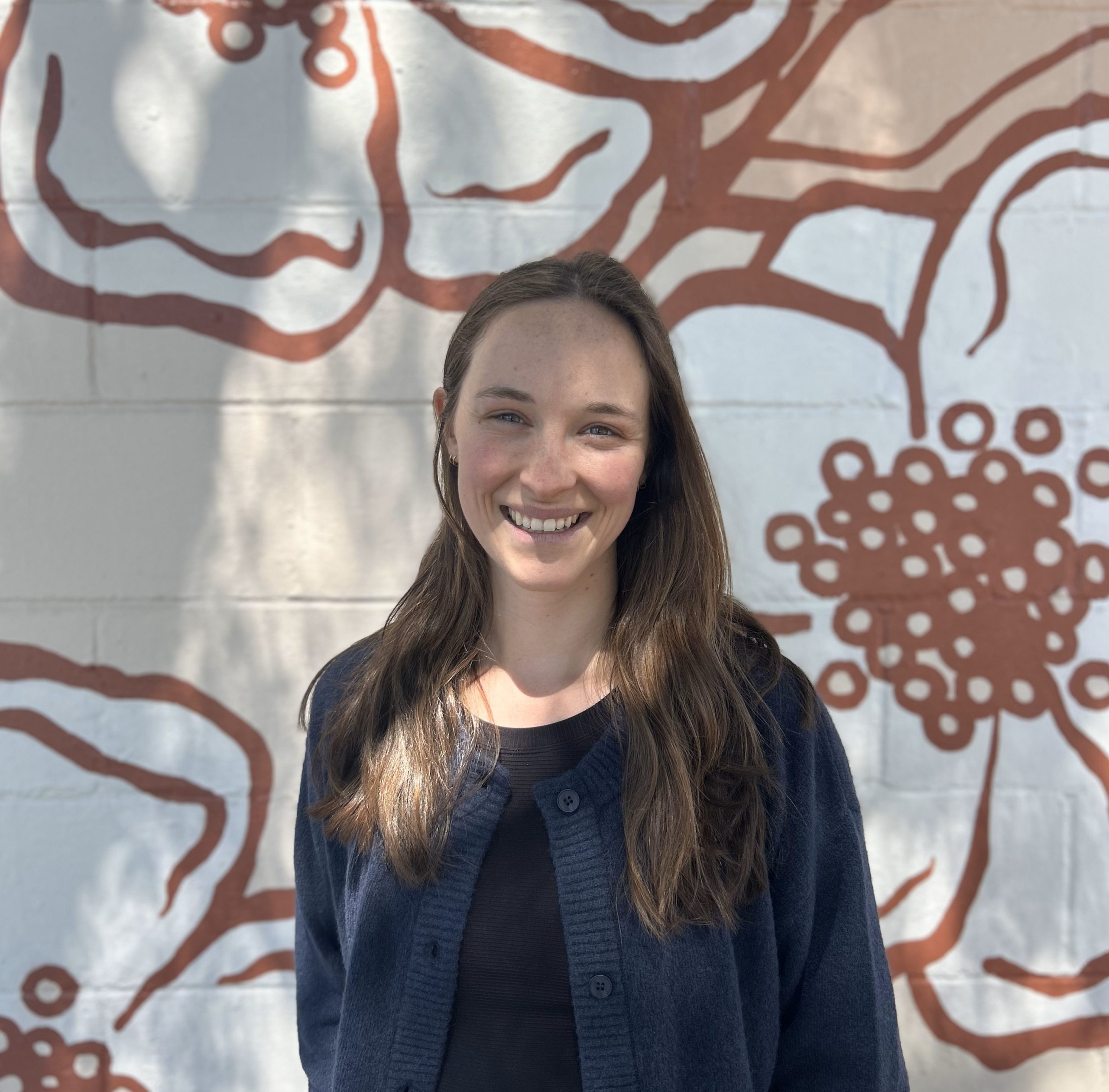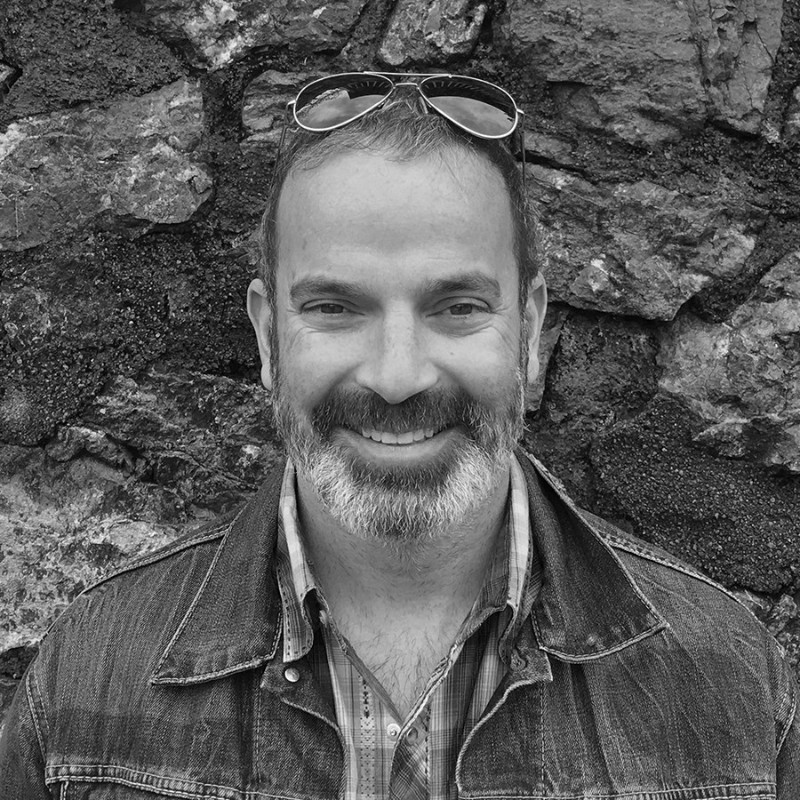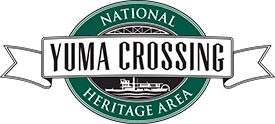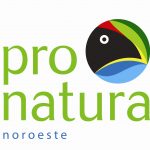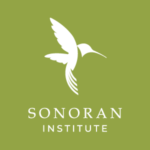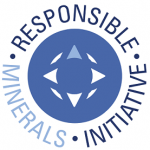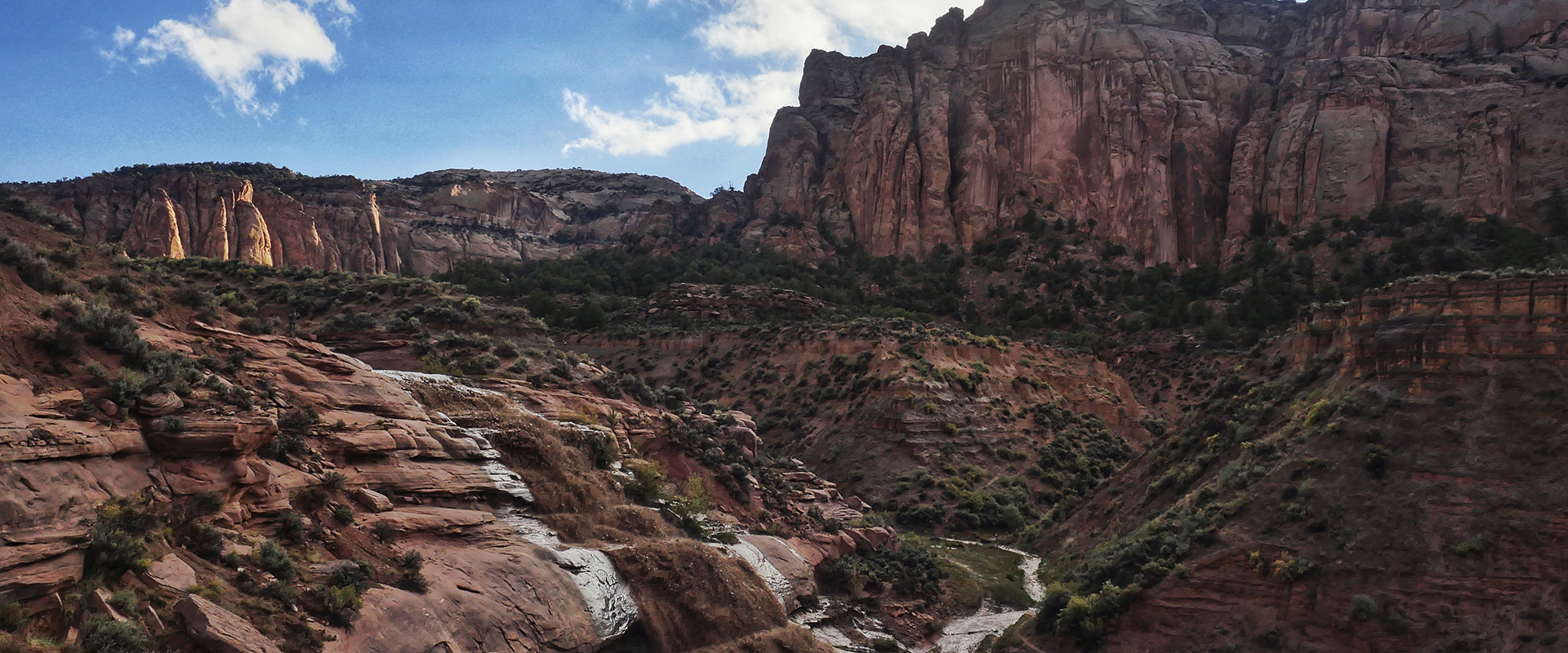
People
The Firm
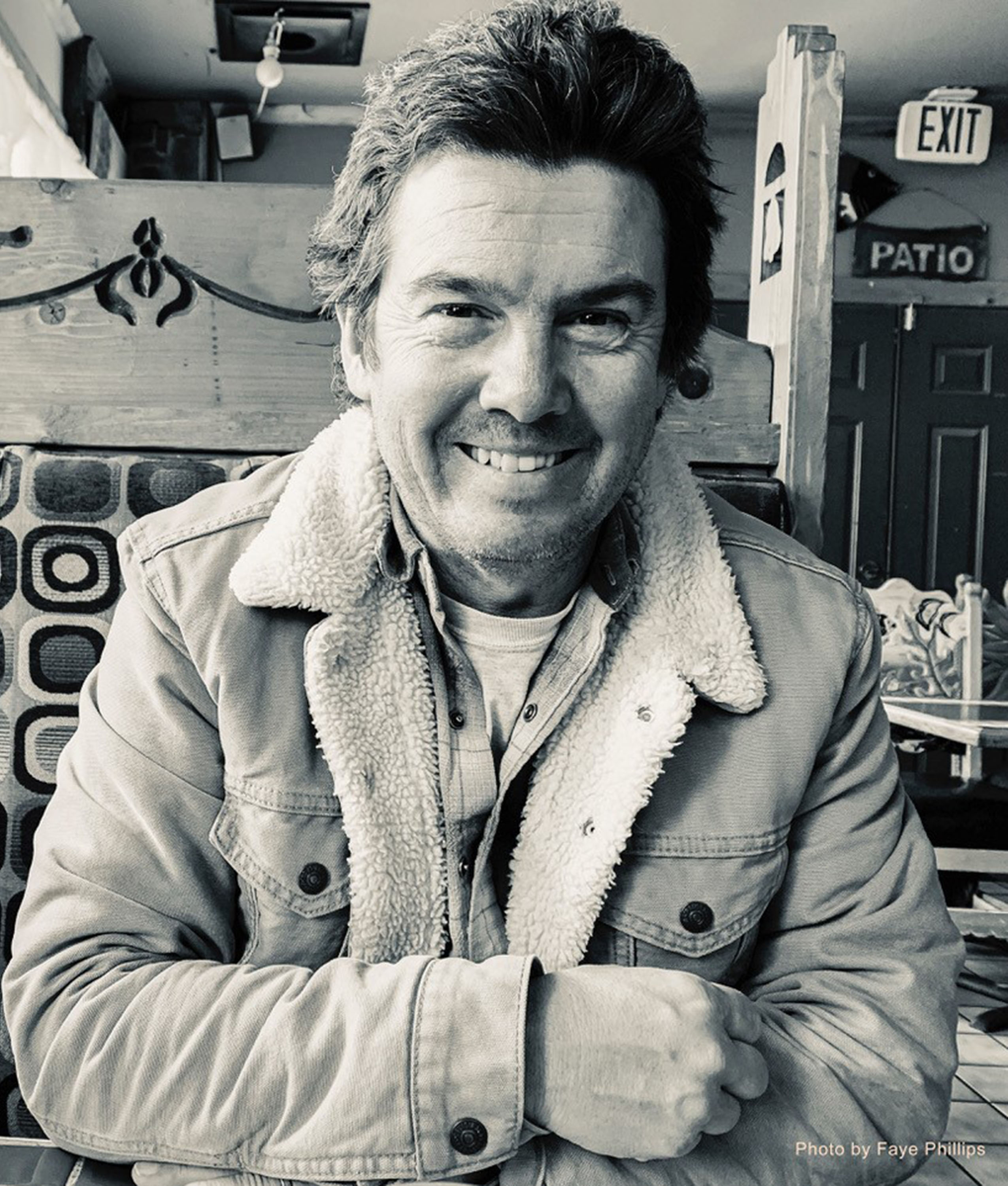
Email: fphillips@fredphillipsconsulting.com
Phone: (928) 380-5058
Mike James has worked as the foreman for FPC for 4 years, managing and supervising crews for seed collection and restoration implementation. Mike is based out of Tuba City, traveling to sites across Arizona, Wyoming and Colorado to support restoration work. He particularly appreciates being able to work on restoring the riparian environment of Tsegi Canyon on the Navajo Nation.
Originally from Steamboat Springs, Colorado; Mike has lived in various parts of Arizona, and he has gained an appreciation for both mountain and desert landscapes. Before entering the restoration world, Mike ran his own pool maintenance business in Phoenix for 25 years. He enjoyed running his own business while in Phoenix, but he now appreciates being able to work in a field that protects rivers and conserves water.
When he is not working in the dirt or running crews in the backcountry, Mike spends his time playing music and enjoying the outdoors. Mike is very proud of his two daughters and enjoys visiting them when he can.
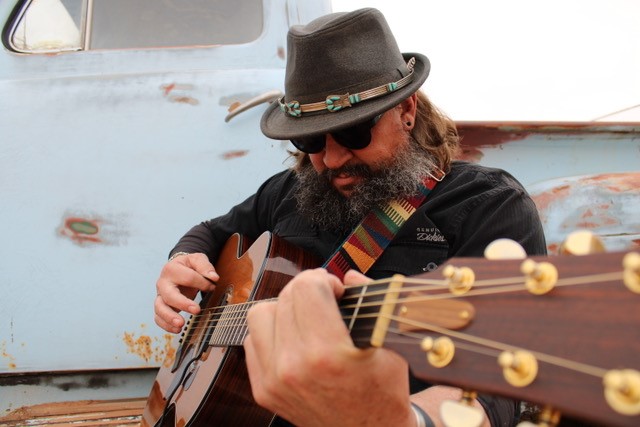
Emily Ontiveros is from a small town in Southern California, where she grew up spending plenty of time outdoors in both the San Gabriel Mountains and the Mojave Desert. She received her undergraduate degree from UC Berkeley in Sustainable Environmental Design with a minor in Landscape Architecture. Following graduation, she worked with the Big Pine Paiute Tribe on solar implementation, then as a CivicSpark Fellow with California Department of Water Resources, connecting California Tribes to regional water planning efforts.
Emily’s interests in working with rural communities, environmental justice, and the critical role of water in the west brought her to graduate school at University of New Mexico’s Master of Landscape Architecture program, where she graduated in May 2022. For her thesis project, Emily researched management and infrastructure of the Lower Colorado River and designed a wetland to treat agricultural runoff in the Imperial Valley. While at UNM, Emily also worked for the Design + Planning Assistance Center on community engagement projects, and she is continuing to learn how community driven design processes can create more equitable spaces in the places we call home.
Emily is looking forward to continuing to get to know the riparian areas of the Southwest and learning more about how we can protect and restore them as the Restoration Program Manager/Designer at Fred Phillips Consulting.
Andrew Boyd will engage in technical design drafting and project coordination. As a Restoration Designer for FPC, Andrew has contributed to documentation on a range of scales and ecological contexts through geospatial analysis, earthwork, planting design, and permitting.
Andrew completed his Master of Landscape Architecture at Harvard Graduate School of Design, and is currently taking coursework in Environmental Planning at Yale University. Andrew has previous project experience in riparian restoration and landscape-scale environmental planning with Michael Van Valkenburgh Associates, SCAPE Landscape Architecture, Innovative Conservation Solutions, and The Freshwater Trust. He has participated in internationally notable civil engineering projects including the Toronto Portlands Flood Mitigation and River Naturalization Project, as well as the Saw Mill River Daylighting Project in Yonkers, NY.
In the context of the American South and Mountain West, Andrew has a decade of project experience focused on strategies for water allocation to increase the resilience of agrarian communities alongside as riparian and terrestrial habitat.
Alex will be returning to her hometown of Ouray as the Restoration Project Manager for the Uncompahgre Multi-benefit Project.
She holds a bachelor’s degree in Biology with an emphasis in Ecology and Evolution from the University of Northern Colorado (UNCo). During her time at UNCo, she actively engaged in various research projects, assisting in the study of birds, bats, and trees across the ecology department’s labs.
Following her college years, she began working in native seed collection in the intermountain west, where she developed a deep appreciation for the desert and the vital role that rivers play in sustaining life in arid environments.
Alex later joined the US Forest Service’s Chico Seed Orchard, which plays an integral role in supplying seeds for reforestation efforts in Northern California’s National Forests.
Now, Alex eagerly anticipates witnessing the transformation that will unfold in the Uncompahgre River—a cherished part of her hometown—through her dedicated work on the project.
Expedition Foreman | Visual Designer | Photographer
Ben has assisted FPC throughout the years with brand-focused visual design projects. He was later appointed as an expedition foreman, assisting with projects throughout the southwest. A former landscape construction foreman, Ben holds a Master’s Degree in Visual Design from the Rochester Institute of Technology and a Bachleor’s Degree in History from Nazareth College.
Outside of his design roles, Ben is an active multi-instrumentalist, songwriter, and recording artist & producer. He lives in the Tucson Mountains with his wife, Lauri, and their two pups, Dolli & Nacho.
Oxbow Ecological Engineering, LLC – George Cathey
Established in May 2013, Oxbow Ecological Engineering, LLC is an award winning engineering consulting firm that specializes in restoring, enhancing, and conserving river, riparian, wetland, and wildland ecosystems. Oxbow Ecological Engineering, LLC applies a comprehensive approach to assessment, analysis, design, and planning, and integrates civil engineering and ecological principles to create unique restoration and enhancement solutions. Based out of Flagstaff, Arizona, Oxbow Ecological Engineering, LLC endeavors to focus on projects in the southwest and intermountain west.
George F. Cathey, PE is the founder and principal engineer at Oxbow Ecological Engineering, LLC. He is licensed in Arizona (#52164), New Mexico (#21540), California (#C69688), Utah (#9130926-2202), Colorado (#49161), Nevada (#22786) & Texas (#109570) and is listed on the United States Council for International Engineering Practice (USCIEP) International Registry of Professional Engineers (#43594). He is also a Society for Ecological Restoration (SER) Certified Ecological Restoration Practitioner (CERP). George has over fifteen years of experience working as an engineer specializing in ecological restoration, and has significant experience surveying, designing, bidding, and administering construction activities on both small and large-scale restoration projects. Over the years he has collaborated with a diverse group of restoration stakeholders including non-profit organizations, volunteers, landowners, A/E firms, and construction contractors as well as local, state, and federal agencies. He really enjoys this work and feels fortunate to be able to combine his passions for wildlife, the outdoors, and engineering.
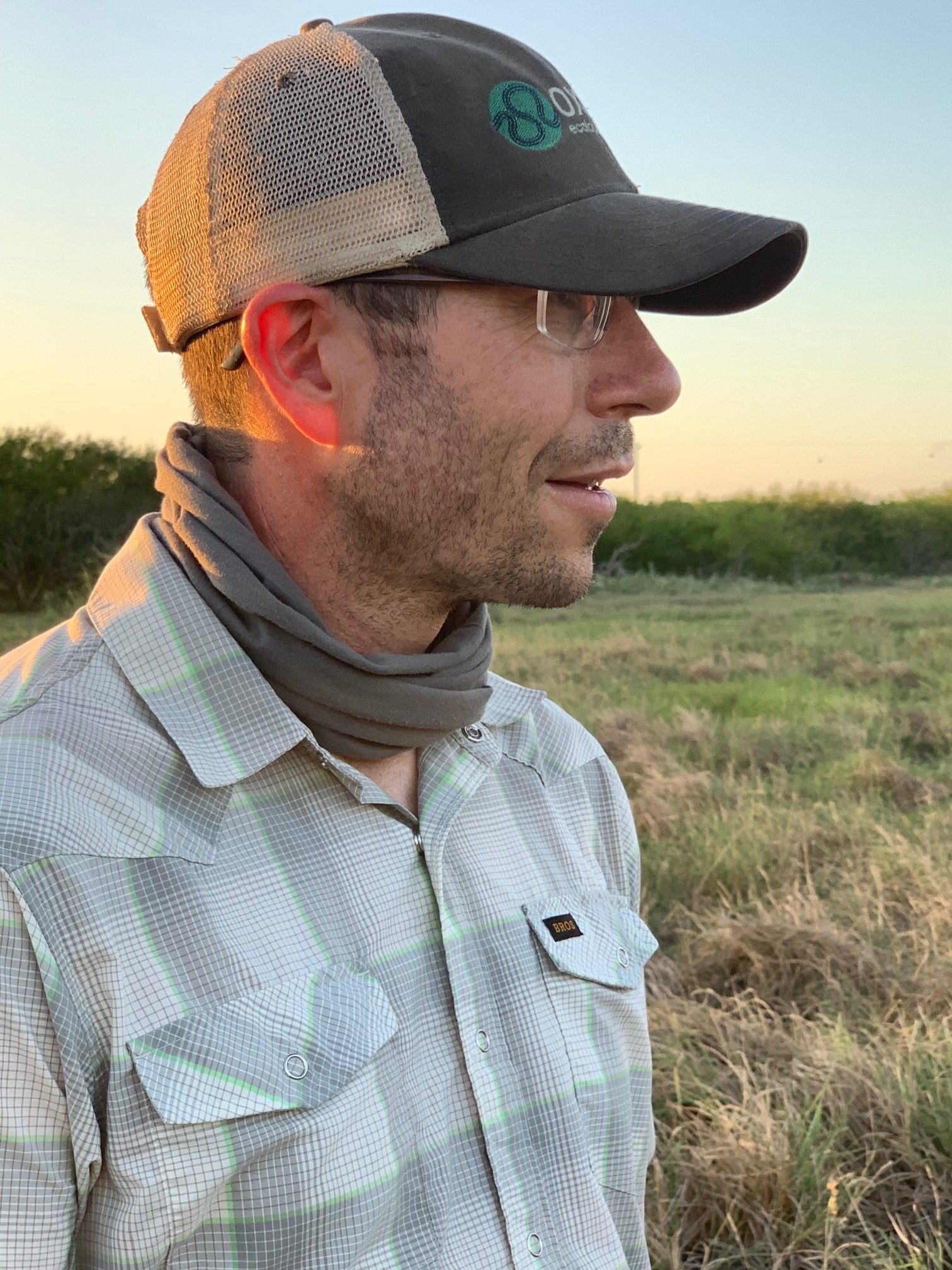
Yuma Crossing National Heritage Area
The Yuma Crossing National Heritage Area is a collective group of citizens with diverse backgrounds based in Yuma, Arizona. Its mission is to preserve Yuma’s historical, cultural, and ecological assets sustainably through careful planning, consensus building, and wholistic action.
Catena Foundation
The Catena Foundation is a non-profit establishment based in Carbondale, Colorado. Its focus is the re-establishment of healthy ecological systems and restoring the balance between people and the environment.
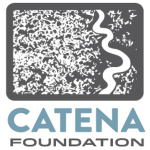
American Rivers
American Rivers is a non-profit organization that has been protecting and restoring rivers across the country for 50 years. American Rivers works to keep rivers healthy while ensuring clean water for people through collaboration, policy, and a comprehensive approach to river protection.
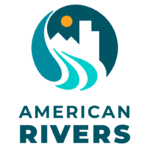
National Audubon Society
The National Audubon Society is a non-profit conservation organization that protects birds and their habitats through advocacy, education, and on-the-ground conservation. Audubon’s local chapters, state programs, and nature centers all work to support people and wildlife.

Terra BIRDS
Terra BIRDS supports schools and teachers in Flagstaff, Arizona, with garden programs that engage students as the stewards of their school grounds, urban habitats and garden spaces. Through growing healthy food in local school and community gardens, the group empowers the youth and builds strong community connections.

